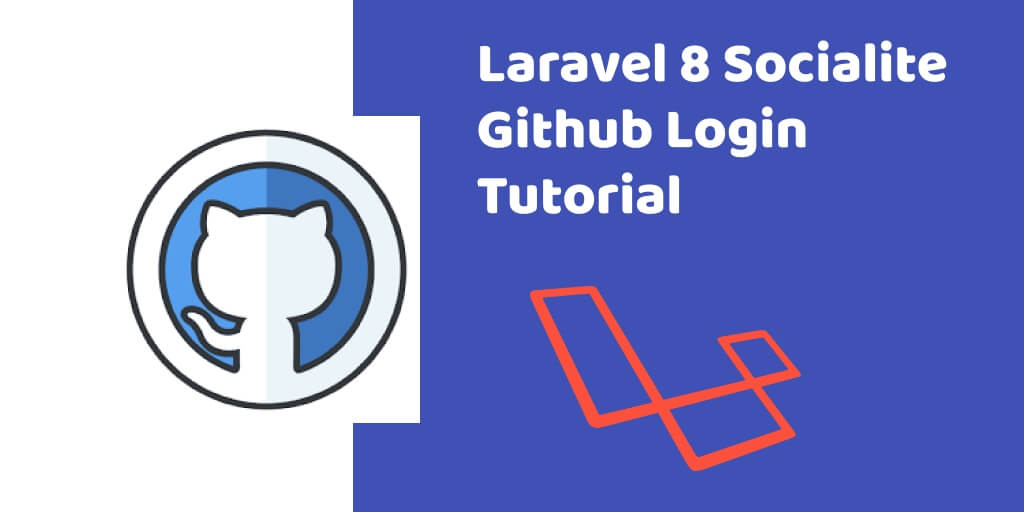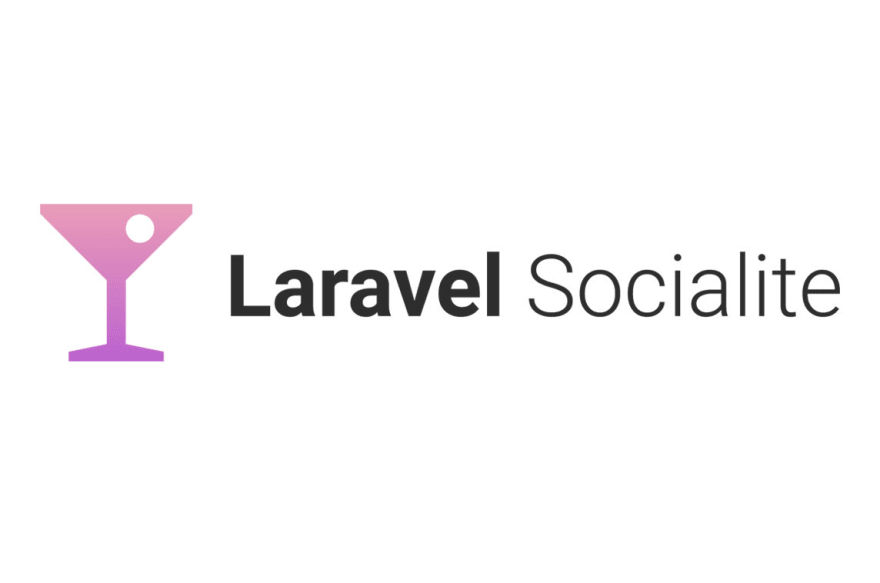
- #Laravel socialite database how to
- #Laravel socialite database code
- #Laravel socialite database password
env file, and set database detail as follow: DB_CONNECTION=mysqlĭB_PASSWORD= 3: Create Auth using scaffold Configure Database Details:Īfter, Installation Go to the project root directory, open. Or, if you have installed the Laravel Installer as a global composer dependency: laravel new lara-socialite 2. Server Requirementsįirst, open Terminal and run the following command to create a fresh laravel project: composer create-project -prefer-dist laravel/laravel lara-socialite

ServerAvatar allows you to quickly set up WordPress or Custom PHP websites on VPS / VM in. If you want to manage your VPS / VM Server without touching command line go and Checkout this link. In this tutorial, we are going to add Social Authentication to a Laravel app through Socialite, an official Laravel package that makes adding social authentication to a Laravel app. They won’t be adding any others to the list, however, there’s a community-driven collection called Socialite Providers, which contains plenty of unofficial providers for Socialite. Socialite only supports Google, Facebook, Twitter, Linked In, Github, and Bitbucket as OAuth providers.
#Laravel socialite database code
Laravel Socialite is a package developed to abstract away any social authentication complexities and boilerplate code into a fluent and expressive interface. Login with social accounts is a straightforward process and simultaneously enhances the user experience nowadays, everybody knows a better user experience is the key to any digital product’s success. Even though social signup is easy, you can also inadvertently end up with a bunch of very confused users in an app.
#Laravel socialite database password
When he submits this form he will be routed to the createUser function which then finally creates the user.Using social media accounts to sign up for websites is common nowadays and preferred by users because they don’t have to remember a password every time they log in to a website. Now the form for choosing a username will be shown to the user. If so, he gets logged in if not the data are put into the session. Here he checks if the user already exists. When the user has approved the social login for my app on Facebook or Google he will be redirected to the callback function. When doing a social login the user calls the route This passes to request to the redirect function. Web.php (routes) Route::get('/auth/redirect/', ['as' => 'social.register', 'uses' => explanation for you: Return redirect()->to(route('product.index')) įunction createUser(SocialRegisterUserRequest $request) $getInfo = Socialite::driver($provider)->user() Return Socialite::driver($provider)->redirect() SocialLoginController class SocialLoginController extends Controller
#Laravel socialite database how to
My question to you is now what better way to do this is there? My favorite way would be to pass the email, provider and provider_id to the as PHP variables because they cannot be manipulated! However, I haven't found any solution on how to do this except doing this via sessions. I don't really favor this solution too but it is one possible solution. This would solve the problem of having a session conflict but I would have a empty username in my database which would lead to many other problems as username is my key for the implicit route binding. When submitting the form the user gets created by the username provided from the form and the email, provider and provider_id from the session.Īnother possible solution is to make username nullable in the database and store the email, provider and provider_id right away when doing the social login and setting the username to null. Whenever the user session contains those 3 parameters I show a form to the user where he has to choose a username. Right now I am bypassing this problem by putting the email, provider and provider_id I get from the social login in the user session. The problem is that the username is not nullable because I am using implicit binding on my username for the user model. I want the user to choose a username/nickname. I just get the name of the user from Google or Facebook but that's not what I want. However, when doing this via social login the user has not chosen a username. Here is no problem because when the user gets created he has submitted a username, a email address and a password.


When doing so they have to choose a username as well. I also give the users the opportunity to register by email and password. In order to do this I am using the package Socialite provided by Laravel. I want to give users the opportunity to login/register via social login (like Facebook or Google).


 0 kommentar(er)
0 kommentar(er)
